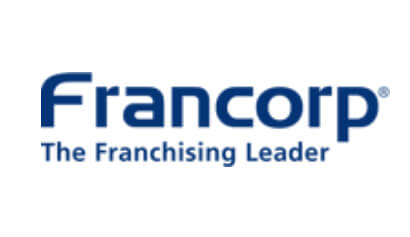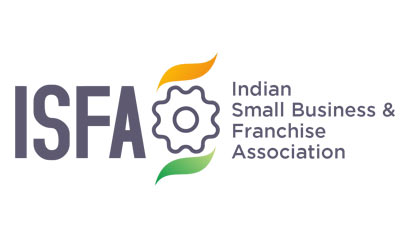To get access to over 10000+ Franchise Business Opportunities.
Network with the growing Business Community to get expert interventions to let you learn to Grow & Expand your Business with Franchising.
APPOINTING master franchisees in India is a common entry strategy adopted by international retail brands looking at establishing a presence in India. In master franchising, the franchisor sells the development rights in a particular area to a master fran
APPOINTING master franchisees in India is a common entry strategy adopted by international retail brands looking at establishing a presence in India. In master franchising, the franchisor sells the development rights in a particular area to a master franchisee, who in turn, sells individual or unit franchises within that territory. The master franchisee pays a franchise fee to the franchisor, which could involve a lumpsum consideration and /or a royalty fee for the franchise right and support services received from the franchisor.
The consideration paid or payable by a master franchisee to an Overseas Franchisor could trigger tax implications in India. Thus, from an effective transaction tax cost perspective, the Master Franchisee should consider the service tax and withholding tax implications on the fee payable to the overseas franchisor.
Service tax
Service tax is a transaction tax levied on the value of taxable services. The term taxable service encompasses a wide range of services including:
4 Franchise service, which refers to any service rendered in relation to an agreement by which the franchisee is granted the representational right to undertake any process identified with the franchisor.
4 Intellectual property service, which refers to any service in relation to the transferring (temporarily) or permitting the use of or enjoyment of any intellectual property right (IPR). IPR means any right to intangible property, namely, trademark, design, patent or any other similar intangible property, but does not include copyright.
As may be discerned, it is likely that the services under a master franchise arrangement would be covered within the above classification, thereby triggering an incidence of service tax of 12.24% on the franchise fee. While in most cases, the onus of discharging the service tax liability is cast upon the service provider, in case of cross-border transactions the liability shifts to the Indian service recipient (in this case the master franchisee) under the reverse charge principle.
While designing the master franchise structure, the following factors need consideration from a service tax perspective:
4 The composition of services rendered by the overseas franchisor to the master franchisee. Separate considerations for non-taxable services such as those related to use of copyrights could provide service tax optimization opportunities.
4 The input service tax on the master franchise fee need not necessarily be an incremental transaction tax cost for the master franchisee since it is available for credit against the output tax that would be recovered from the sub-franchisee.
4 Master franchisees should factor the service tax flows while determining the working capital requirements under the franchise model both from their and the sub-franchisee's perspective. It should be noted that service tax liability accrues upon actual remittance of consideration.
Withholding tax
The withholding tax would apply on the income of the overseas franchisor chargeable to tax in India. Where the income is construed to be chargeable to tax in India, the master franchisee would be required to deduct tax at source (commonly referred to as withholding tax) on the income payable to the overseas franchisor. The income shall be construed to be taxable in India, if the same 'accrues' or 'arises' or 'the law deems it to accrue or arise', in India. To illustrate, the withholding tax incidence would trigger under the following situations:
4 The overseas franchisor has a business connection or presence in India (say branch office) and the franchise fee payable is attributable to the activities undertaken by the branch office in India. In such cases, the master franchisee is required to deduct tax @ 41.82% on the gross fee payable unless a ruling from the tax authorities is obtained for a lower rate.
4 The overseas franchisor charges a fee towards technical services (FTS) or royalty from the master franchisee. This could attract a withholding tax of 10.46% for agreements entered into on or after 1 June 2005.
Without prejudice to the above, the interplay of Tax Treaties and use of international structures would be of significance while determining the effective tax cost for cross-border master franchise structures. India has entered into treaties with several countries for avoidance of double taxation in cross-border transactions. It is a well-established position that if the income is taxable under the domestic tax law, the treaty provisions, to the extent they are more beneficial to the taxpayer, may be applied to minimize tax liability. Appropriate consideration of the tax treaty implications could benefit the master franchisee in reducing her effective tax cost.
In conclusion
The service tax and withholding tax implications are dependent upon the nature of services rendered and the sharing of rights under a master franchise arrangement. While designing and implementing master franchise arrangements, it would be worthwhile to review the tax considerations to provide tax, cash-flow and compliance efficiencies.
Courtesy: Accretive
The authors specialize in tax consulting and the views expressed are those of the authors. They can be contacted at badrinath@accretiveglobal.com or 91 80 4151 6187.


Business Opportunities
Browse By Investment Range
Browse By States
Popular Cities
We value your privacy.
You can unsubscribe anytime















